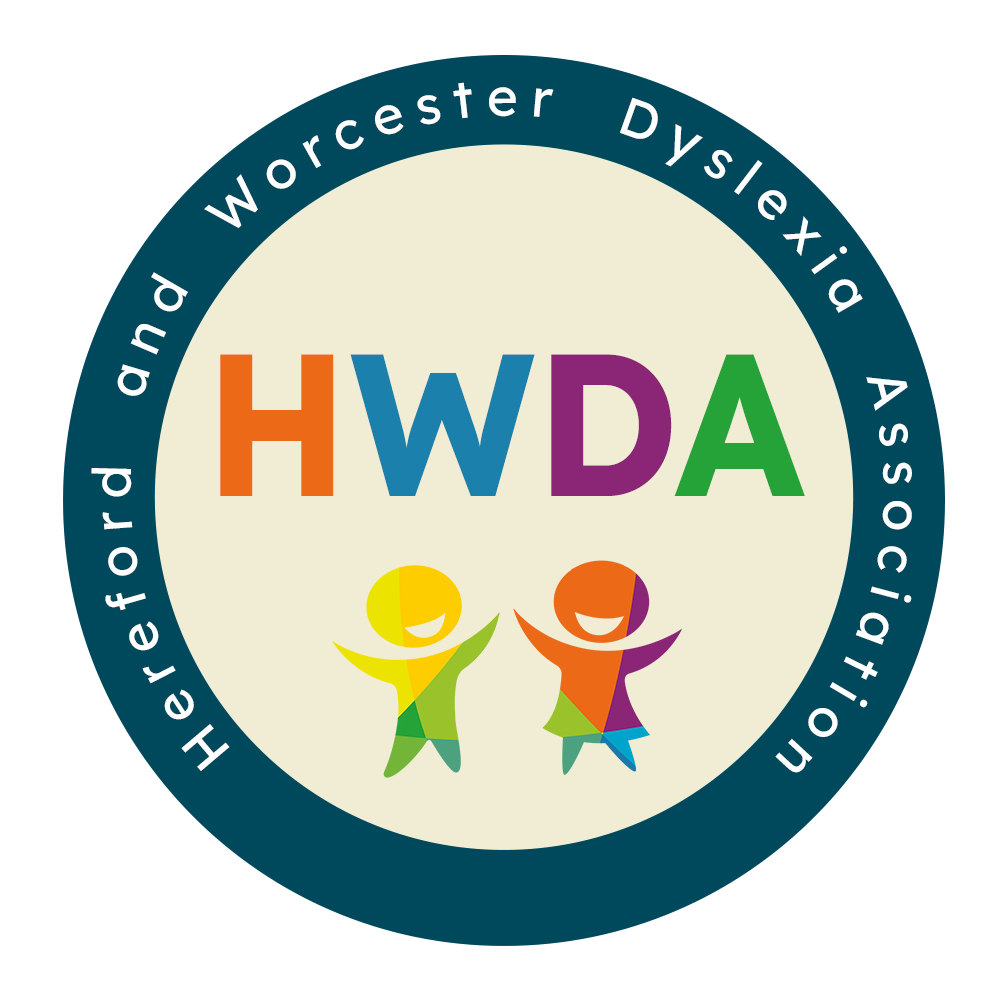Parents
Welcome to the Parents’ Area
In this section we give information about how to explain dyslexia and associated SpLDs to young learners and share strategies to support them at school and at home, including aspects concerning mental health and well-being. You will find signposts to agencies which can offer guidance and support about your child’s entitlements and provide links to access this. There are inspirational interviews and testimonials to demonstrate the skills dyslexic thinking brings and there is a useful section at the end which offers a list of downloadable resources. The page consists of 6 sections as follows:
- Explaining Dyslexia and SpLDs: how to talk to children about dyslexia and how HWDA can help
- Assessment / Local Authority Support and Information: How to find an assessor, local SEND information, including the Dyslexia Pathway, Local Offers and Parent Carer Voice
- Supporting Learners: how to help learners at school and at home, including access arrangements for exams
- Mental Health and Well-being: guidance and strategies from national agencies
- Testimonials and Interviews: a selection of inspirational accounts
- List of Resources: downloadable educational resources to use at home and useful links
Explaining Dyslexia
For the new definition of dyslexia, please see the What Is Dyslexia? page.The following video by the BDA (British Dyslexia Association) provides a helpful, child-friendly explanation about what dyslexia is and how it affects ways of thinking. Watching it with your child and other family members will give a good understanding of the challenges and skills dyslexia brings.
https://www.bdadyslexia.org.uk/dyslexia/about-dyslexia/what-is-dyslexia
Hereford & Worcester Dyslexia Association offers FREE support and advice to all parents of children with learning needs. In addition to supporting children with dyslexia, HWDA also supports learners with dyspraxia (motor skills) and dyscalculia (maths and numbers). Please contact the Senior Tutors for more information on how we can help.
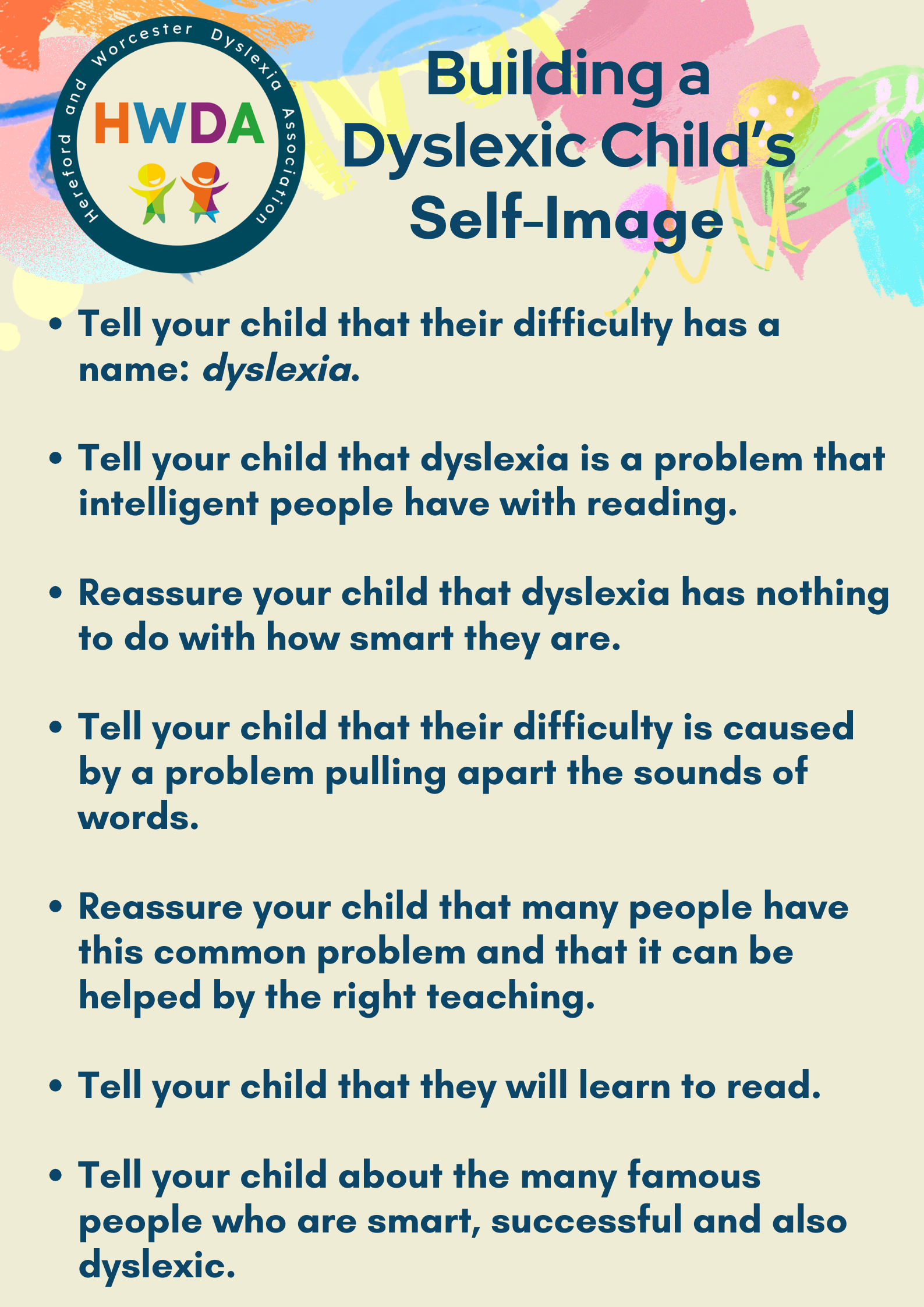
Our Parent Support Groups offer –
- practical advice and help on ways to support at home
- useful technology available and support with programs or apps
- opportunities to discuss realistic expectations of provision in educational environments
- opportunities to talk in confidence to those with similar experiences or appropriate expertise
- free events throughout the year, with guest speakers covering a variety of related topics
Contact the Senior Tutors at –
Worcester – Margaret Comerford
- Email – seniortutorworcester@hwda.org.uk
Bromsgrove – Linda Adey
Email – hwda.ladey@gmail.com
Hereford – Bev Drinkwater
Email – seniortutorhereford@hwda.org.uk
Made By Dyslexia has put together these tips to help parents, teachers and anyone who supports dyslexic learners…
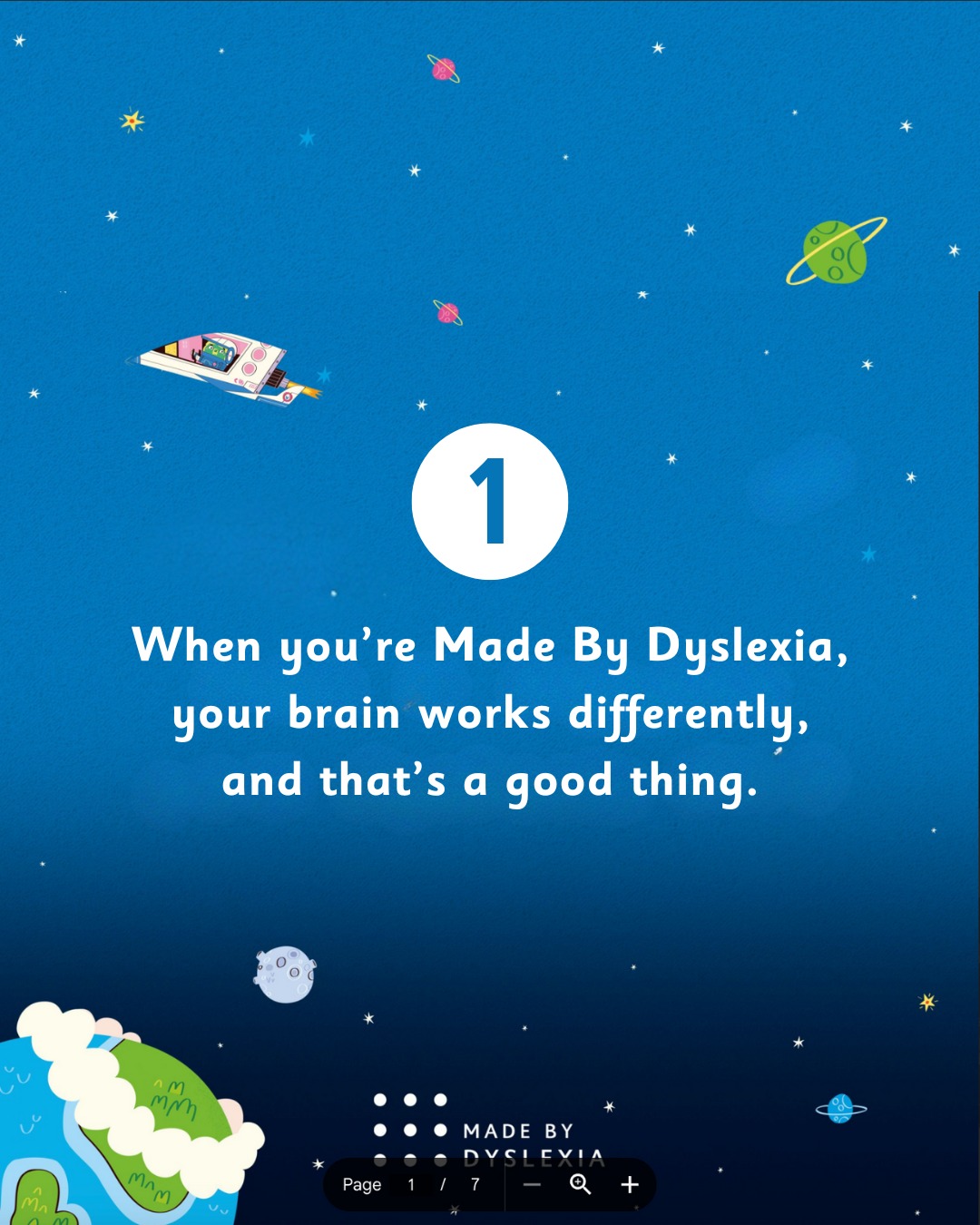
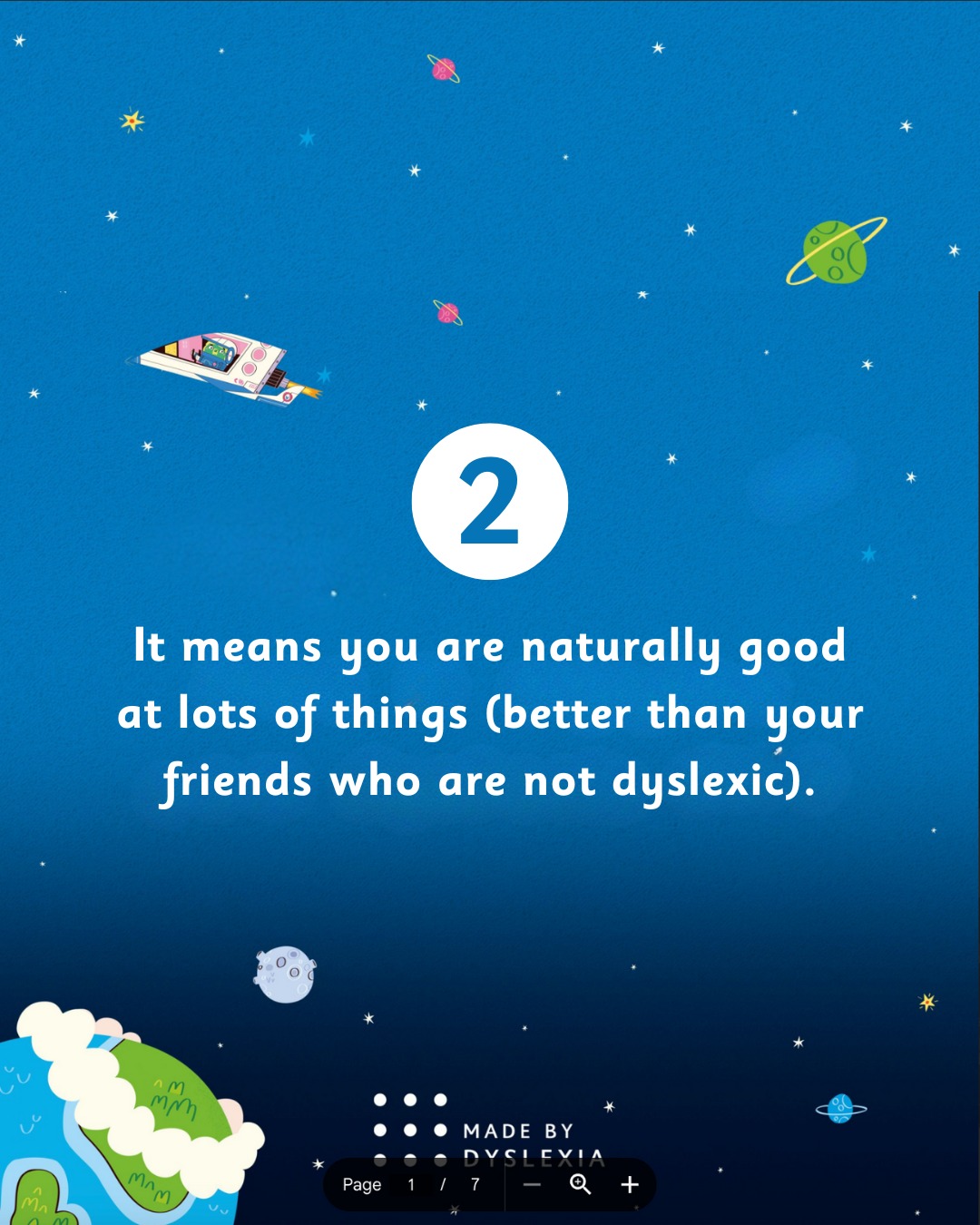
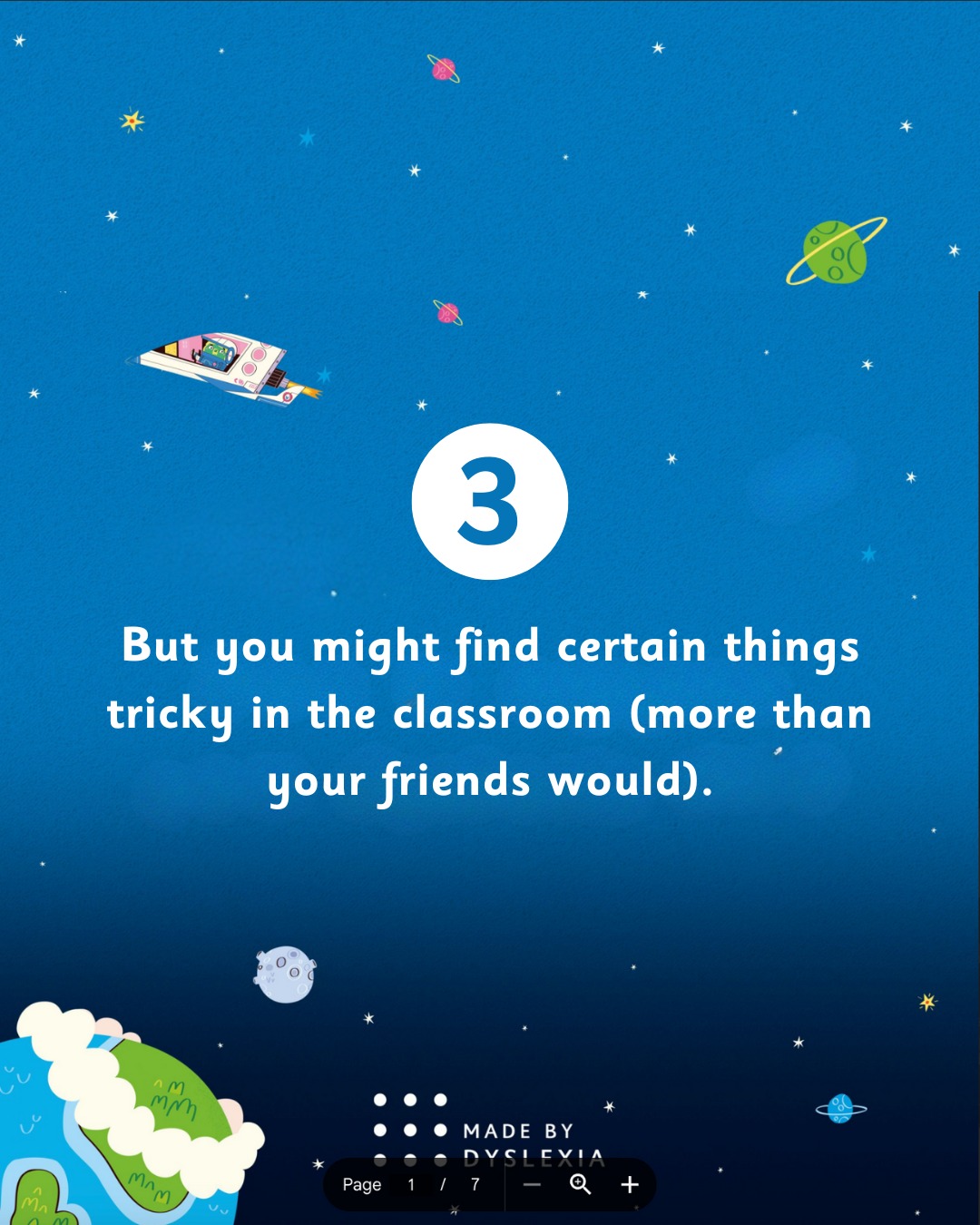
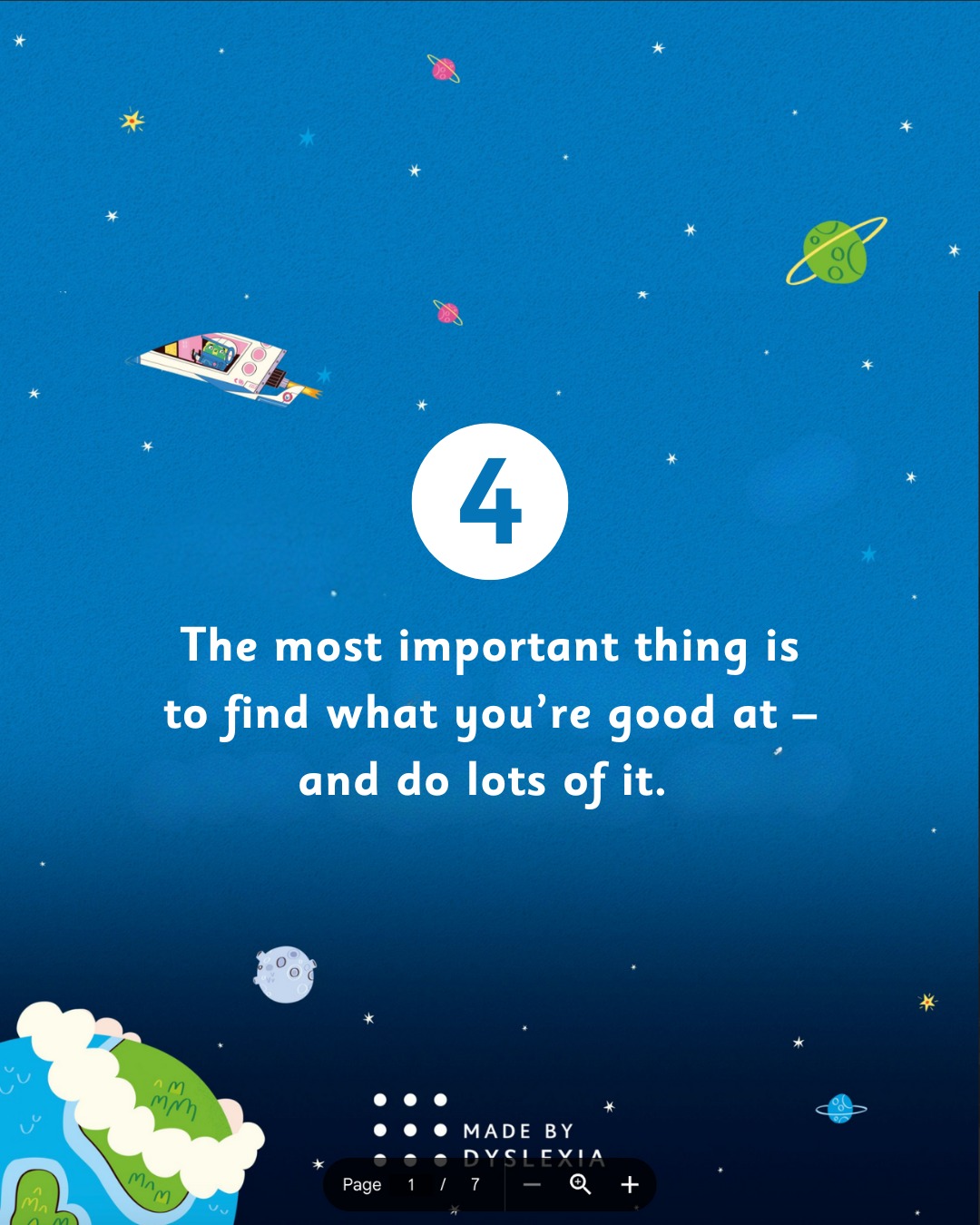
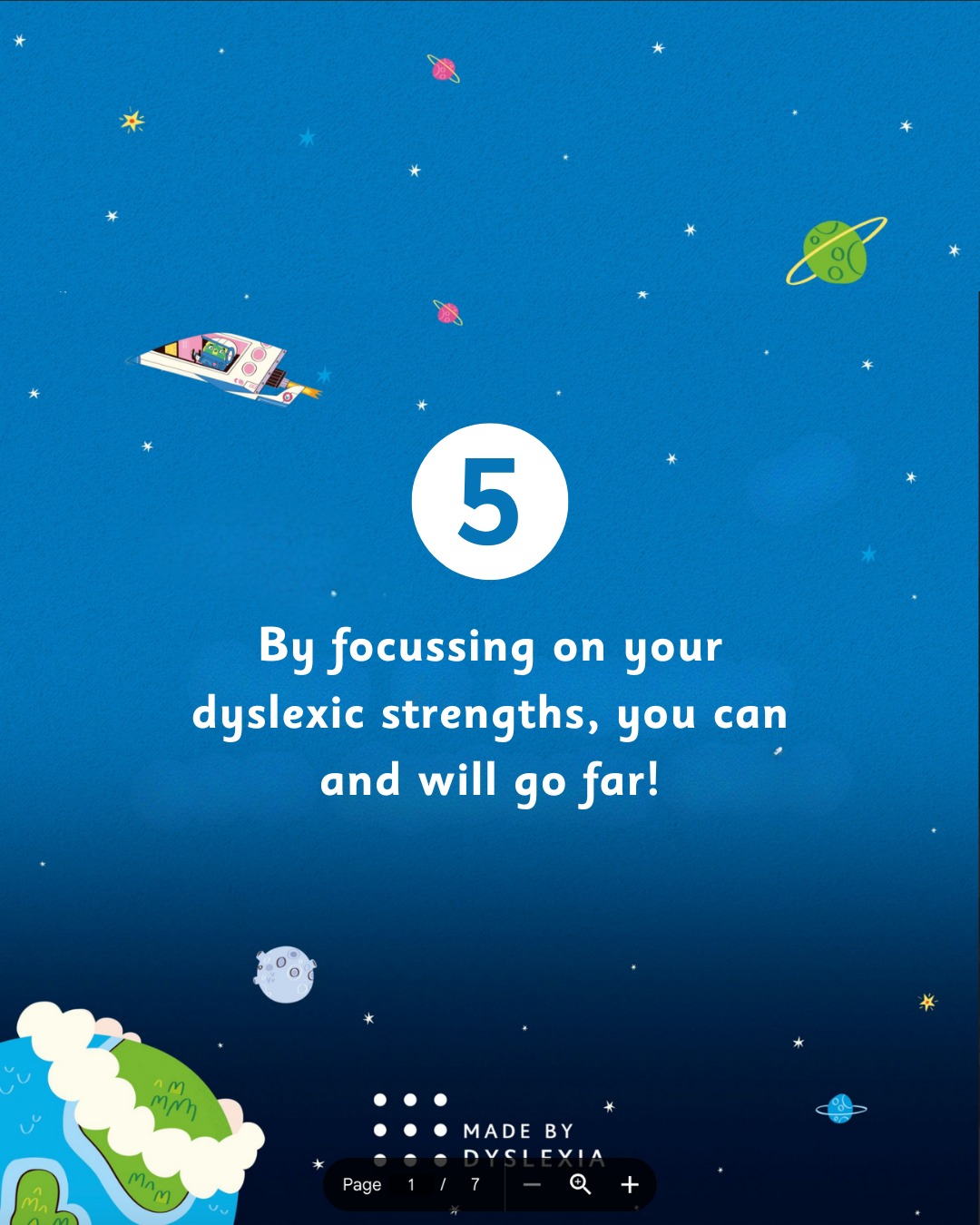
Follow Made By Dyslexia: https://www.facebook.com/hashtag/madebydyslexia
Local Authority Support and Information
Finding an Assessor
The British Dyslexia Association (BDA) sets out advice for how to find an assessor. For more information visit their site: https://www.bdadyslexia.org.uk/services/helpline/ask-us/how-do-i-find-a-good-assessor
Is My Child Dyslexic? British Dyslexia Association (BDA) Guidance for Diagnosis

Diagnosis
If you suspect that your child may be dyslexic and would benefit from additional support then your first step should be to consult your child’s teacher or the school’s Special Educational Needs Coordinator (SENCo) to discuss your concerns.
The SENCo may decide to carry out screening tests or checklists to find out more about your child’s areas of strength and weakness in order to see how best they can be supported in the classroom. This support is called SEN Support.
A school doesn’t need a formal diagnosis to put support in place for your child and shouldn’t delay in providing appropriate support and/or interventions. However, a Diagnostic Assessment can help to ensure that the appropriate interventions are put in place.
Diagnostic Assessment
The only way dyslexia can be formally diagnosed is through a Diagnostic Assessment carried out by a certified dyslexia assessor. This assessment will tell you if your child is dyslexic or not. You will receive a detailed report outlining areas of strengths and weaknesses and a clearer idea of your child’s cognitive profile and how best to support them.
The aim of the assessment aim is:
- To highlight the young person’s individual style of learning or working and what does/doesn’t work for them
- To collect information about reading, spelling and writing skills
- To identify whether there is a clear discrepancy between general level of ability, and reading and writing attainment
- To consider other factors which may be affecting learning
- To identify whether any Reasonable Adjustments will need to be made in order for a young person to fully access the curriculum and exams
Through consultation with the school’s SENCo these assessments can either be requested by the school, or you can arrange and pay for an assessment privately.
The British Dyslexia Association can offer advice, and arrange Diagnostic Assessments. Find out more on the BDA Assessment webpage
Local Area SEND Information
The Local Offer puts all the information about education, health and care services, leisure activities and support groups in one place. It has two main purposes: to provide clear, comprehensive and accessible information about the support and opportunities that are available. The following links take you to Worcestershire and Herefordshire Local Offer guidance.
2022 Worcestershire Local Area SEND – PDF download
2022 Worcestershire Dyslexia Pathway – PDF download
https://www.worcestershire.gov.uk/sendiass/sendiass-support/sendiass-guidance-local-offer
https://www.herefordshire.gov.uk/local-offer
https://www.herefordshire.gov.uk/support-schools-settings/teaching-children-sen-disability/2
Education Health Care Plan – PDF download
Advice and Support
https://www.hwsendiass.co.uk/
Advice and support for parents struggling with schools etc
https://www.hwsendiass.co.uk/info/24/send-support-ehcps
https://www.ipsea.org.uk/
IPSEA offers free and independent legally based information, advice and support to help get the right education for children and young people with all kinds of special educational needs and disabilities (SEND).
https://talking-sense.org/
Non profit help with Advocacy for SEND
https://autismwestmidlands.org.uk/
Local to Worcestershire: North Worcestershire Autism Parent Group (All welcome) Facebook page
https://www.specialneedsjungle.com/
Magazine online re SEND across UK
SEN support in Mainstream Schools – PDF download
Dyspraxia & Dyscalculia
Worcestershire Learning Support Team updated their Dyspraxia / DCD Pathway information in February 2024. Details can be found here: https://www.worcestershire.gov.uk/sites/default/files/2024-03/Dyspraxia%20Pathway%20Feb%202024.pdf
For the NHS guidance on dyspraxia follow this link: https://www.nhs.uk/conditions/developmental-coordination-disorder-dyspraxia
HWDA President, Katrina Kear-Wood, has written a series of articles about dyscalculia, which are very useful:
Follow the link below for more information about dyscalculia.

The Parent Carer Voice Herefordshire (PCVH) is a group composed of parents and carers of children and young people with special educational needs and disabilities (SEND) in Herefordshire. Their aim is to ensure that the voices of parents and carers are heard and their views are taken into account when planning and delivering services for children with SEND.
Parents and carers have told us how helpful this organisation has been for them in providing information and support about how to understand and access help available locally. See their website: https://pcvh.co.uk/ or follow them on Facebook: https://www.facebook.com/search/top/?q=parent%20carer%20voice%20hereford

Supporting Learners at Home and at School
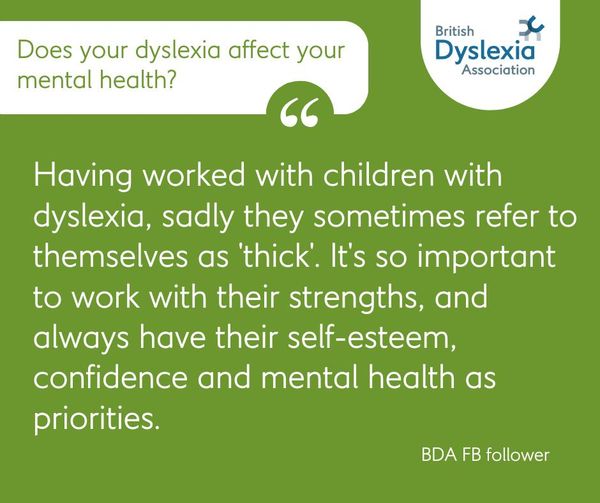
If you’re looking for ways to support your learners at home or in the classroom, take a look at our Top Tips booklet which offers advice on everything from reading, storytelling and homework to memory and concentration: https://simplebooklet.com/bdatoptipsparents
#DyslexicChild#DyslexiaAdvice#DyslexiaSupport#TopTips#Dyslexia
Dyslexia Action: Understanding the Similarities and Differences Between ADHD and Dyslexia

Dyslexia Action have put together a useful guide to understanding the similarities and differences between Dyslexia and ADHD and offer advice on how best to support young learners at school.
Study Skills: Supporting Your Child With Their Exams
At this time of year, many students will be revising for upcoming exams and so the following webinar by the BDA (British Dyslexia Association) provides useful information about how to help them prepare by developing appropriate study skills. There is also a link to a helpful guide to Access Arrangements for exams that schools and colleges should provide for children with dyslexia, such as extra time, readers, scribes and the use of assistive technology.
Access Arrangements
The BDA have set out a complete guide to access arrangements for teachers. See the following link:
https://www.bdadyslexia.org.uk/advice/educators/what-do-i-need-to-know/exam-access-arrangements
The following advice for parents is set out by the Joint Council for Qualifications (JCQ):
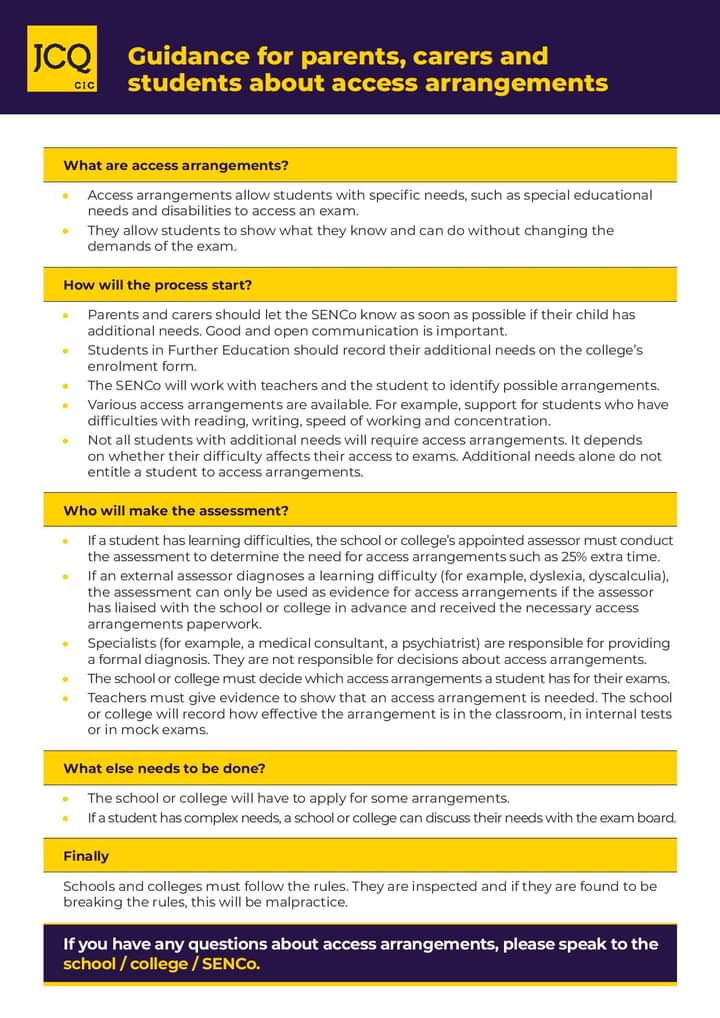
Mental Health and Well-Being
THE COKE BOTTLE ANALOGY
This is a very simple analogy to use with children to explain ‘masking’ and bottling up feelings during the school day set out by The Contented Child, Child Wellbeing Consultancy. Follow the link for more information.
Electronic download available at https://thecontentedchild.co.uk/…/what-makes-me-feel…/

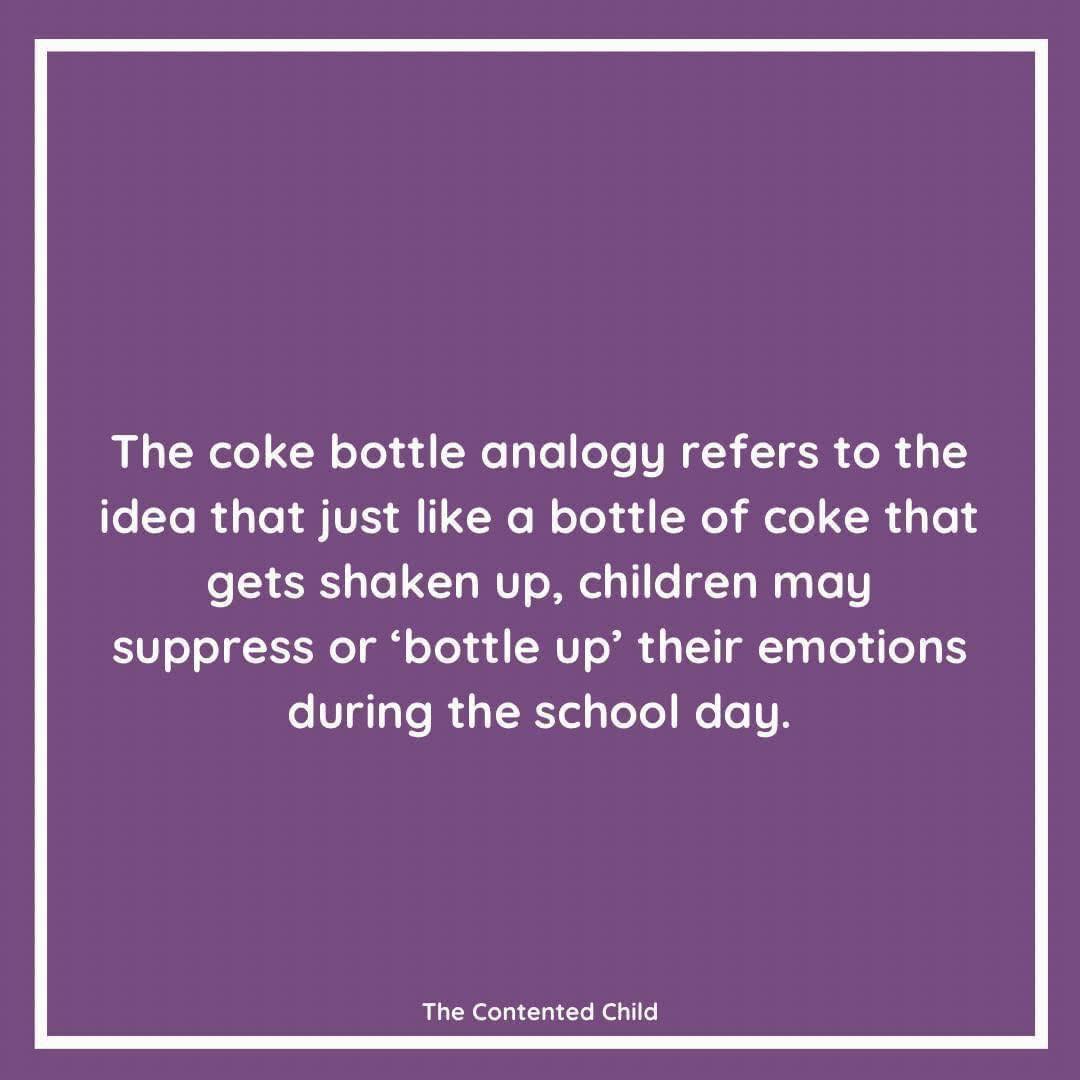

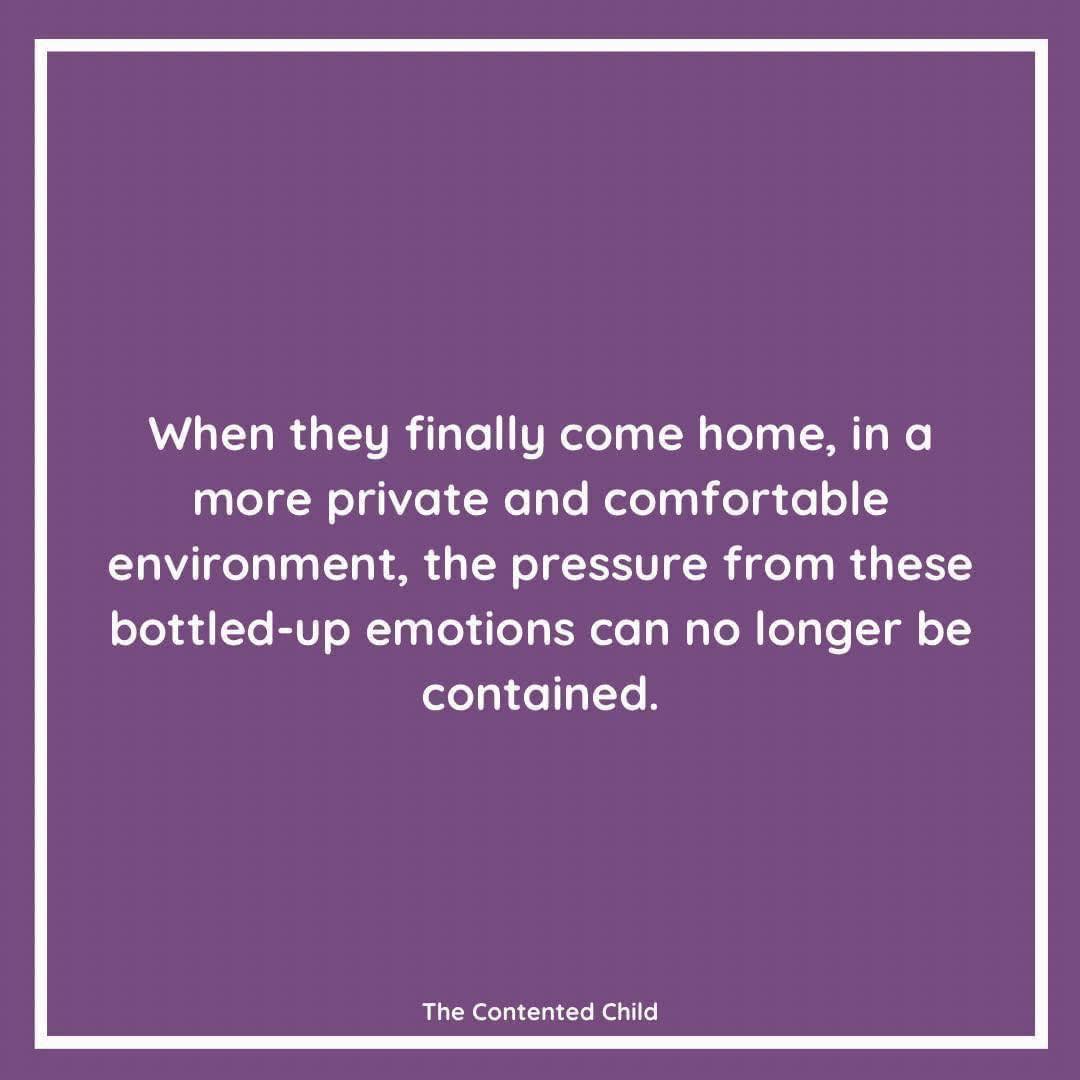


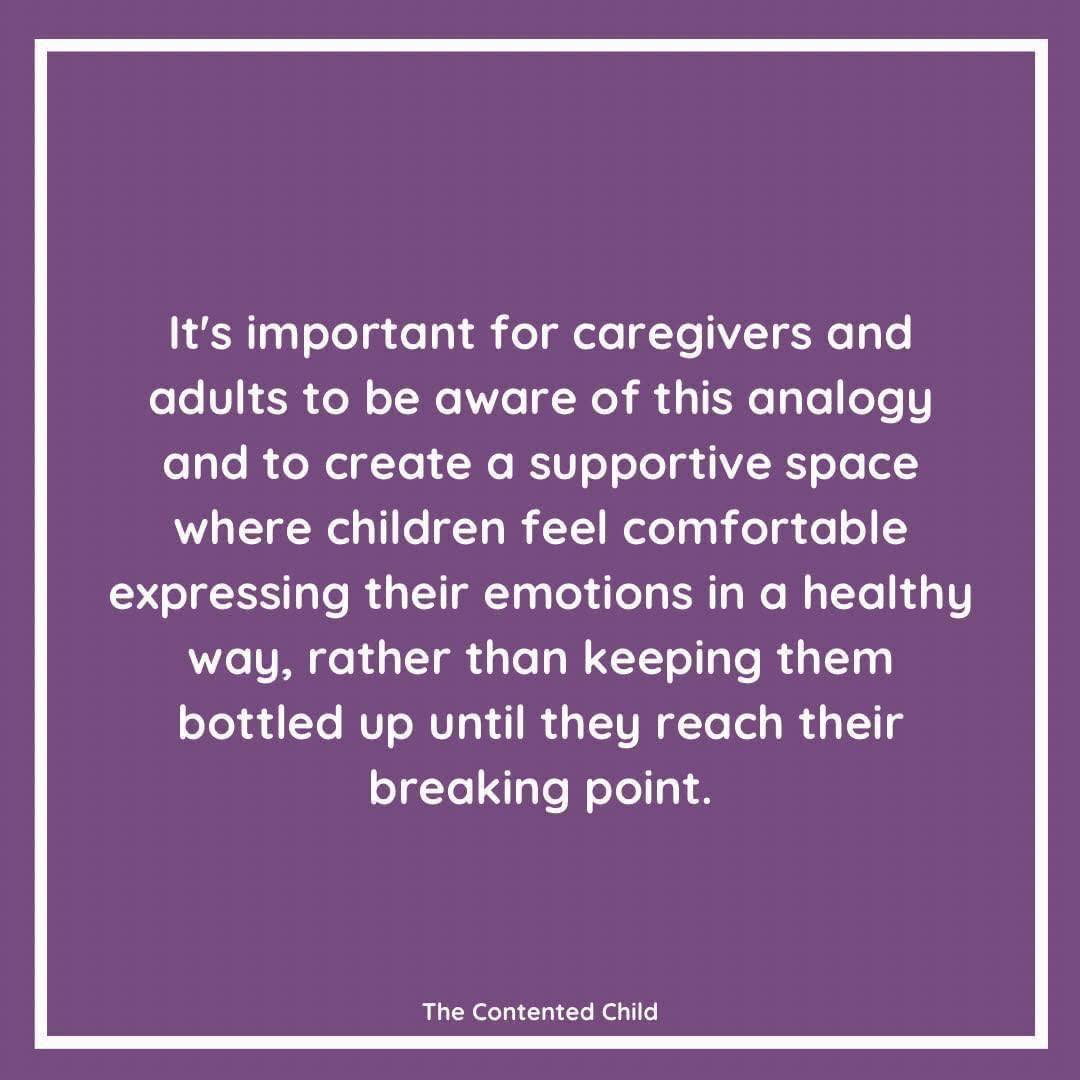
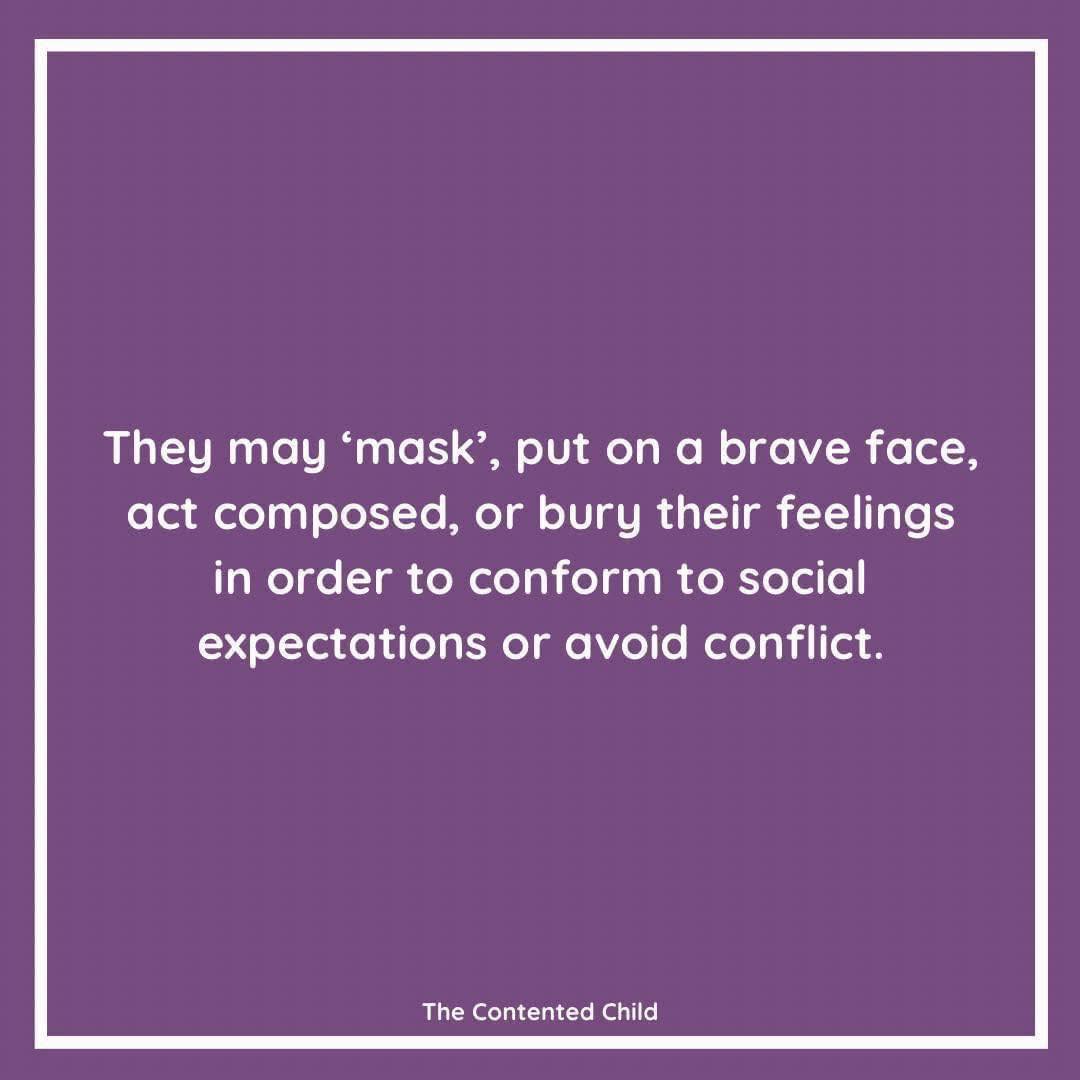
If you are struggling with your mental health, or know someone who is, visit https://camhs.hacw.nhs.uk/ if you are a child or young person or if you are an adult visit https://www.nowweretalking.nhs.uk/ The Herefordshire and Worcestershire Health and Care NHS Trust have teamed up with Split Second to promote their new song, ‘Reach Out’, which talks about the impact of the pandemic on their mental health. Video produced by Harms Way. For more information on the campaign and ways you can support us please visit: https://camhs.hacw.nhs.uk/reachout-music

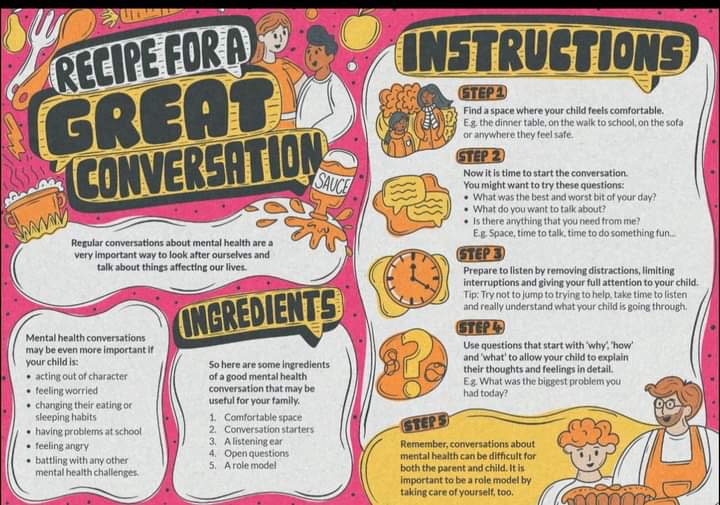
The National Network of Parent Carer Forums (NNPCF) have been asked to share information from Young Minds about their free helpline for parent carers:
Young Minds is the UK’s leading charity fighting for young people’s mental health. The Parent Helpline is a free national service for any parent or carer concerned about a young person aged 0-25 years. We give customised advice and provide translation services in over 200 languages. We also have comprehensive resources on the Parent and Carer section on our website, which was visited 1.7 million times last year. You can visit our website here: youngminds.org.uk
Please note, the content has not been written or coproduced with the NNCPF. If you have any queries or would like them to come and speak to parent carers in your local area, please contact them directly at: jillwalsh@youngminds.org.uk and they may be able to visit or attend an online meeting.
NSPCC: How to talk to your children about difficult topics.
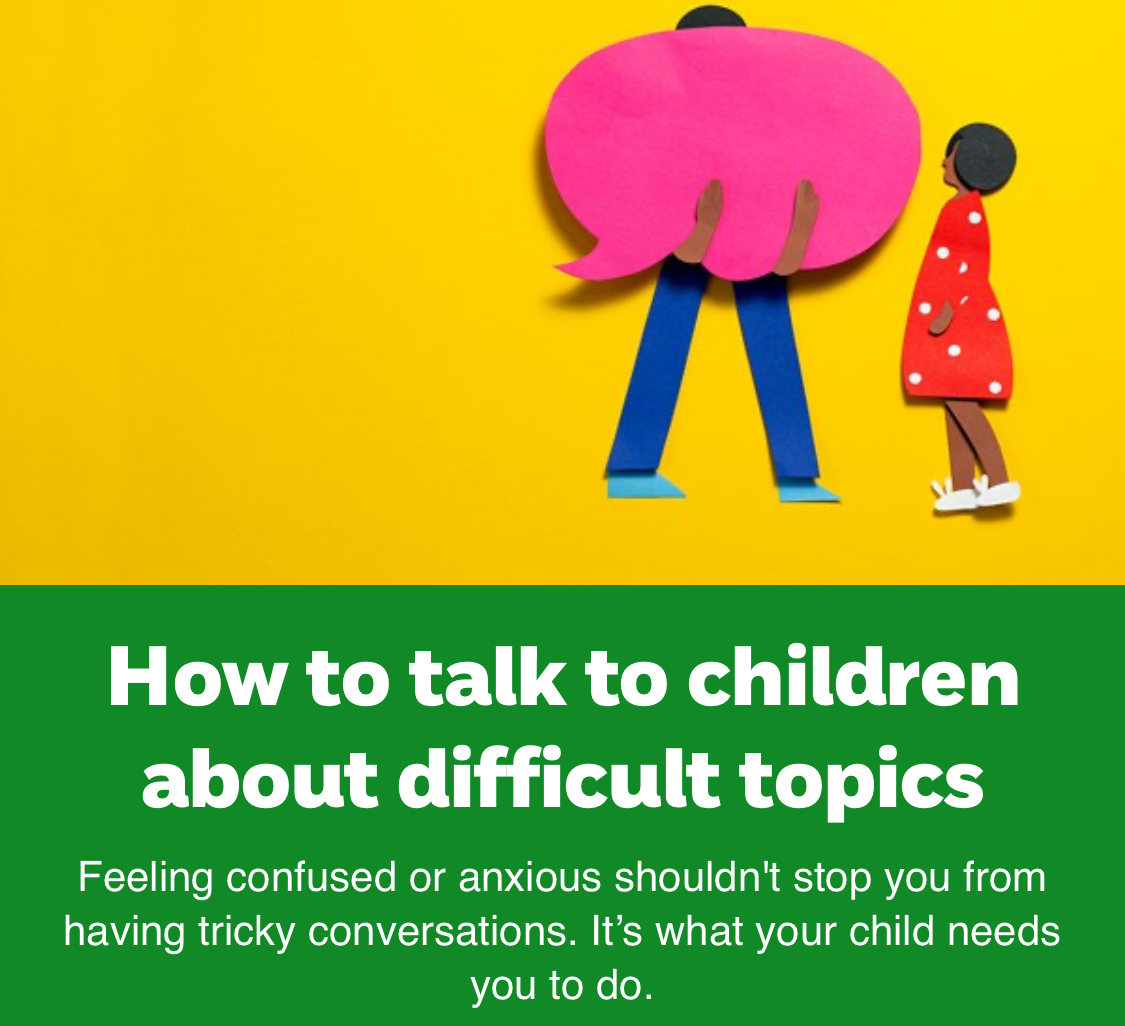
The NSPCC has put together some useful information for parents on how to talk to their children about difficult and sensitive topics. They have advice to help you decide how to talk to your child in an age-appropriate and supportive way. But you know your child best, so trust your judgement about what’s going to work for them. Follow the link below to access their website: https://www.nspcc.org.uk/keeping-children-safe/support-for-parents/talking-about-difficult-topics/
Additional links to mental health issues, support and organisations:
https://www.hacw.nhs.uk/search/service/wellbeing-and-emotional-support-teams-in-schools-157/
https://learning.nspcc.org.uk/child-health-development/promoting-mental-health-wellbeing#article-top
Parents – Emotionally Based School Avoidance – PDF Download
https://www.family-action.org.uk/our-voices/2022/02/10/how-to-support-your-childs-mental-health/
The following article by HWDA President, Katrina Kear-Wood, explains how occasions such as Christmas can cause sensory overload for the neurodivergent and those with ADHD and offers strategies to manage the social and emotional difficulties they may bring.
Testimonials, Interviews and Accounts
“Dyslexia is a gift and I want to share it with the world.”
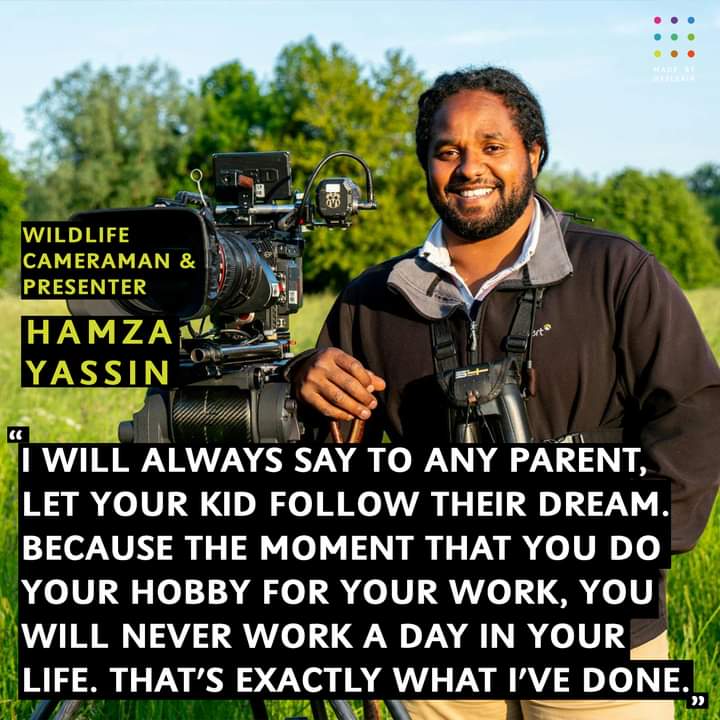
Follow the link to watch this inspirational interview with Hamza Yassin. https://www.facebook.com/reel/789722659345805
Dyslexic Thinking Skills
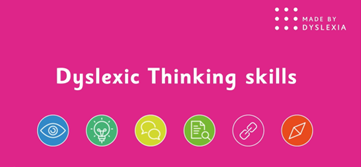
The link below to Dyslexic Thinking Skills is a user-friendly guide to how the dyslexic brain works and the strengths dyslexic thinking brings to individuals.
https://www.facebook.com/madebydyslexia/videos/906537180702592/?mibextid=rS40aB7S9Ucbxw6v
Made by Dyslexia Celebrates the Dyslexic Thinking Skills of Inspiring Women on International Women’s Day 2024
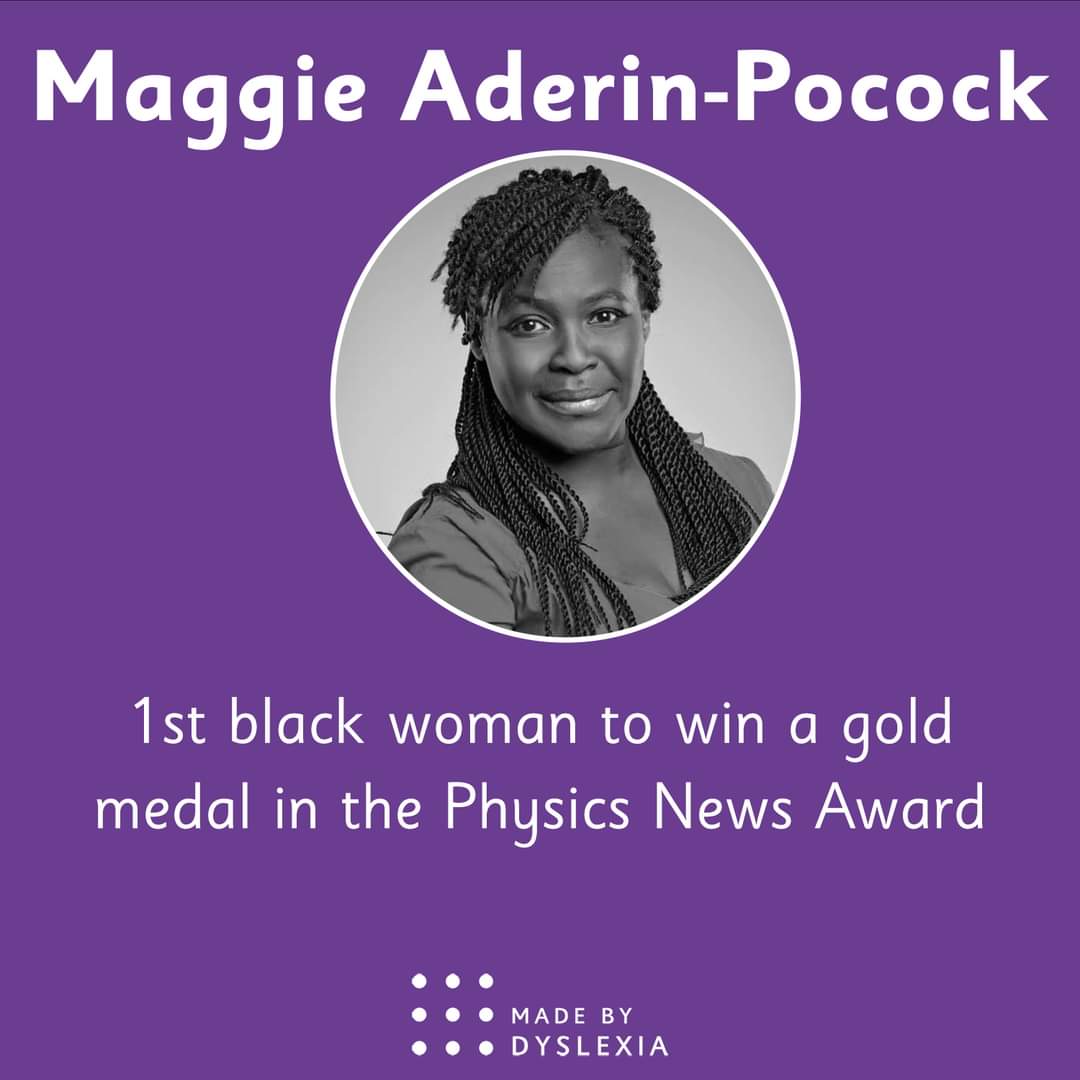
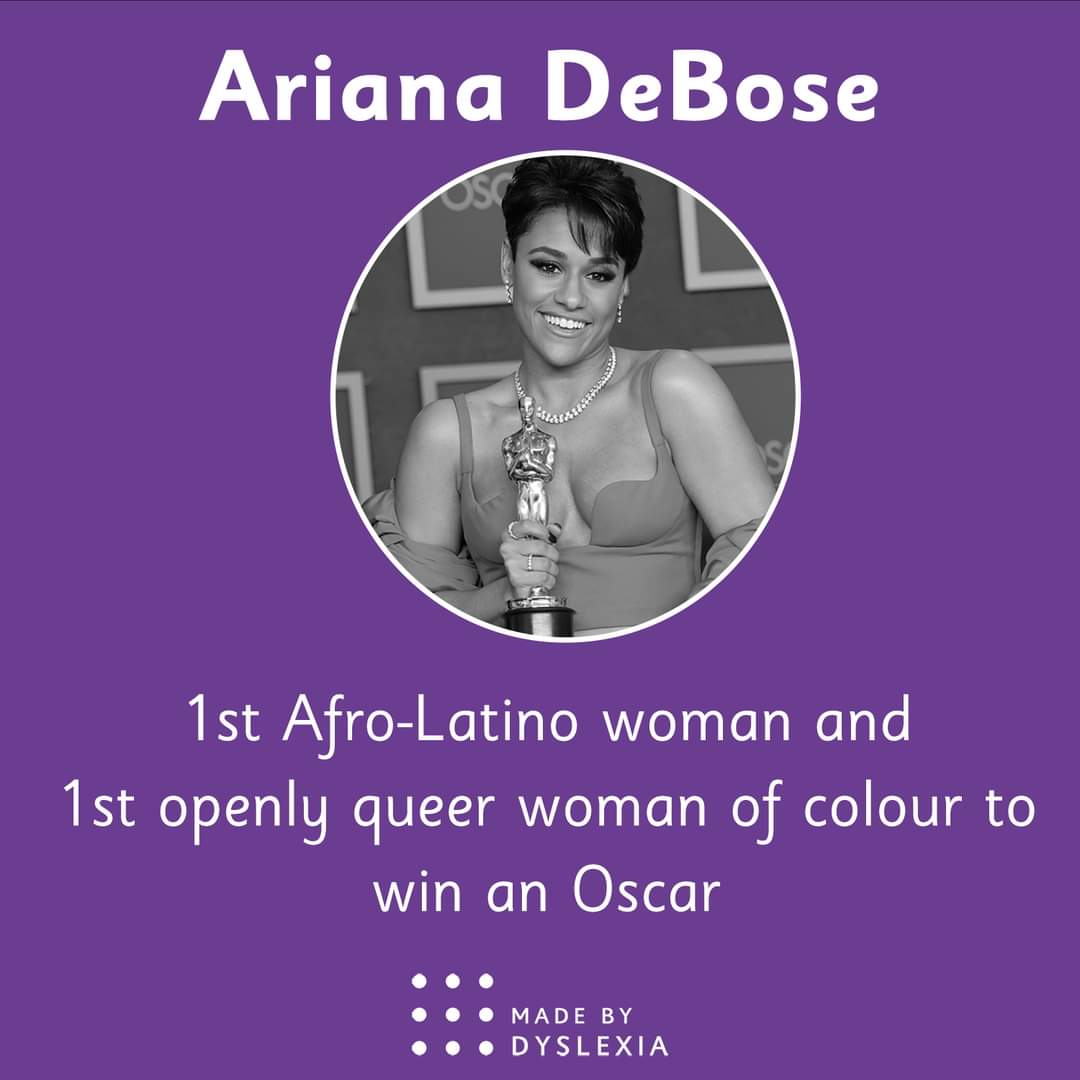
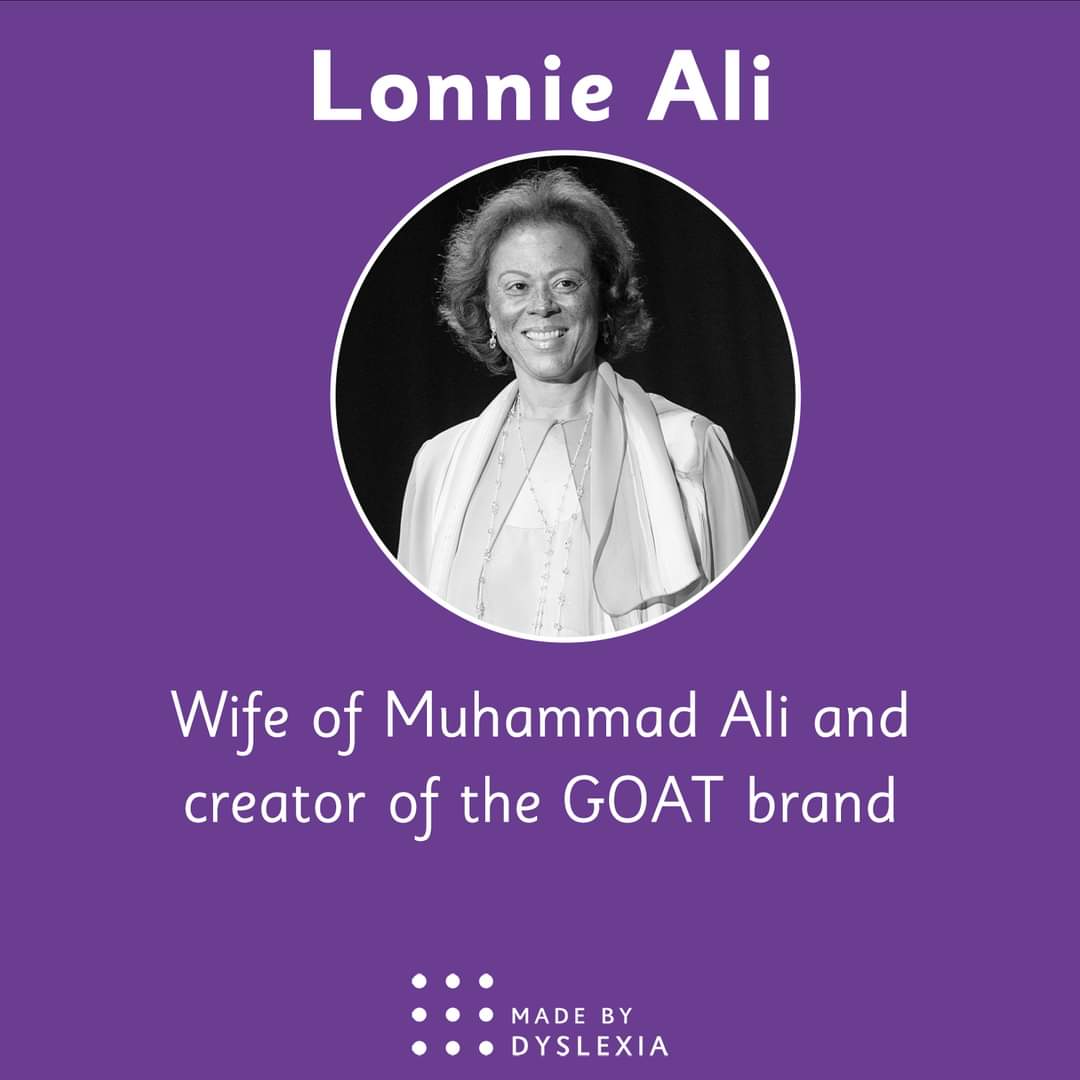
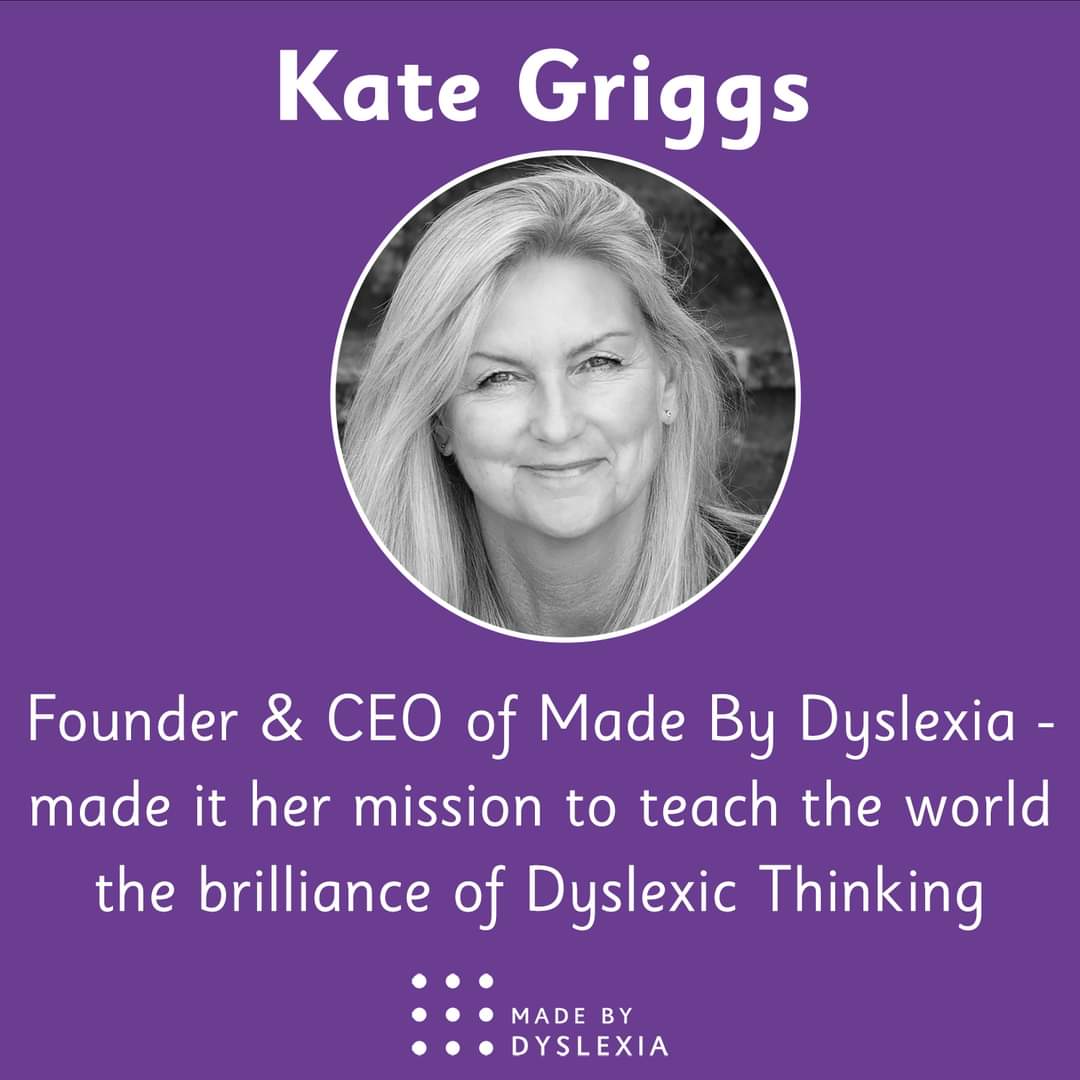
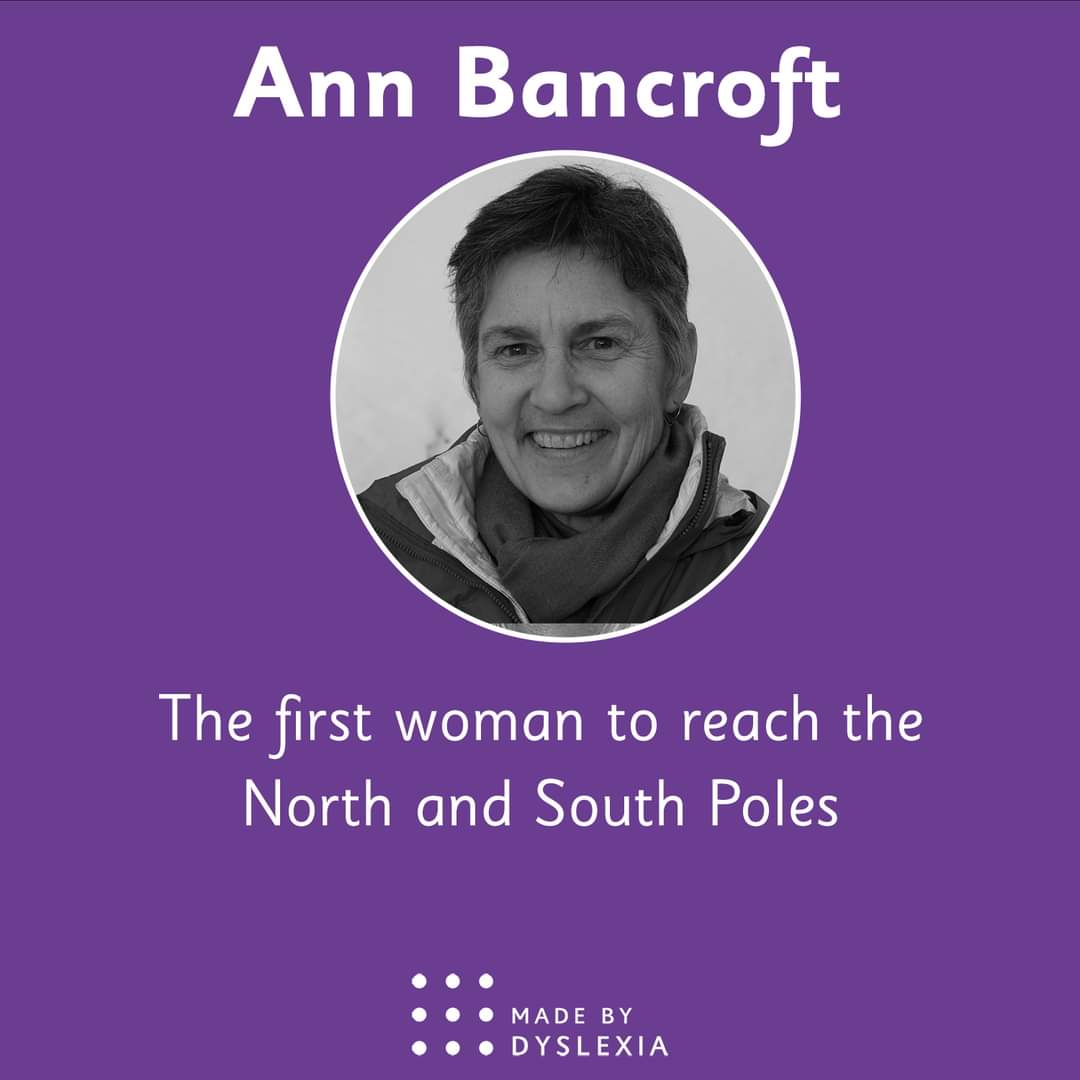

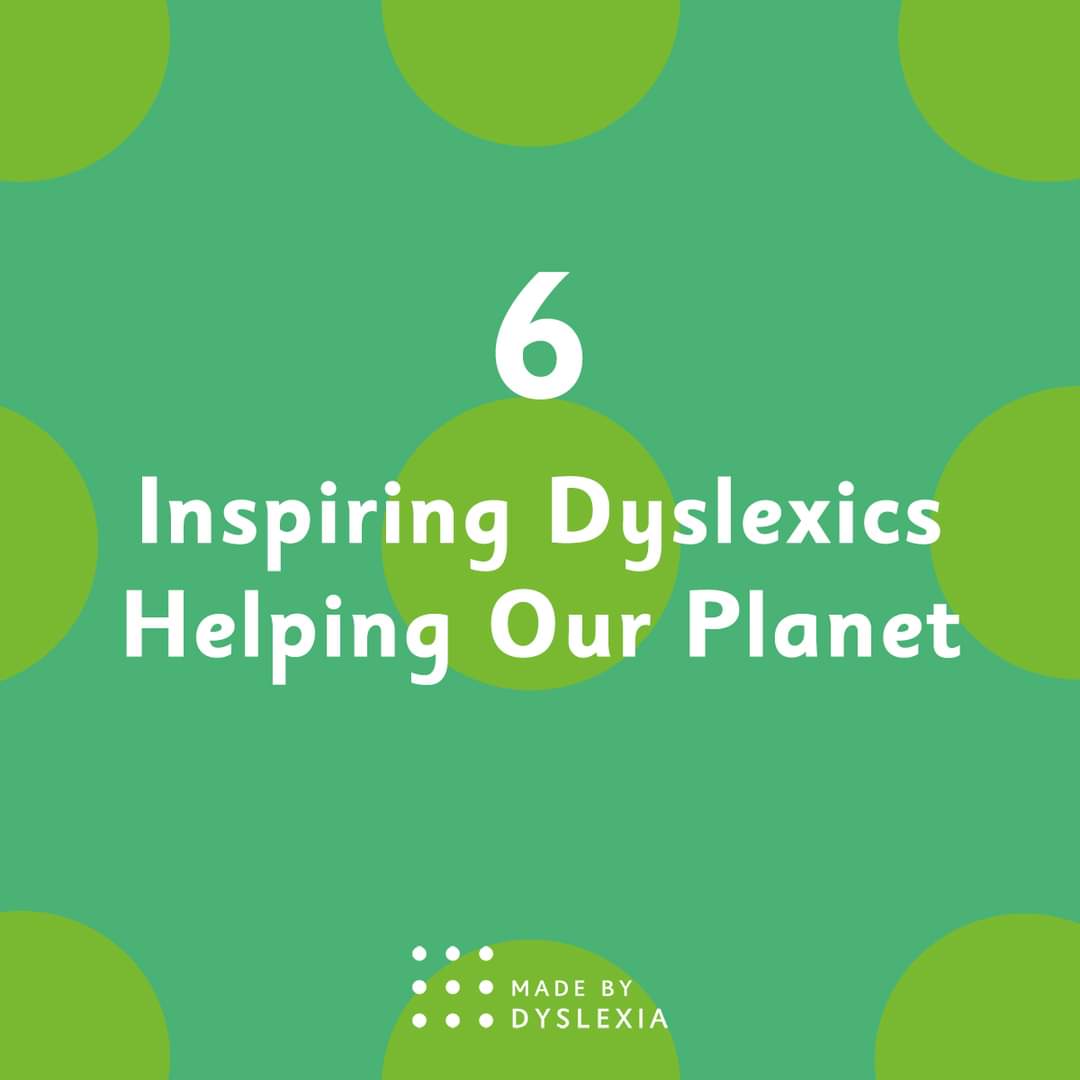
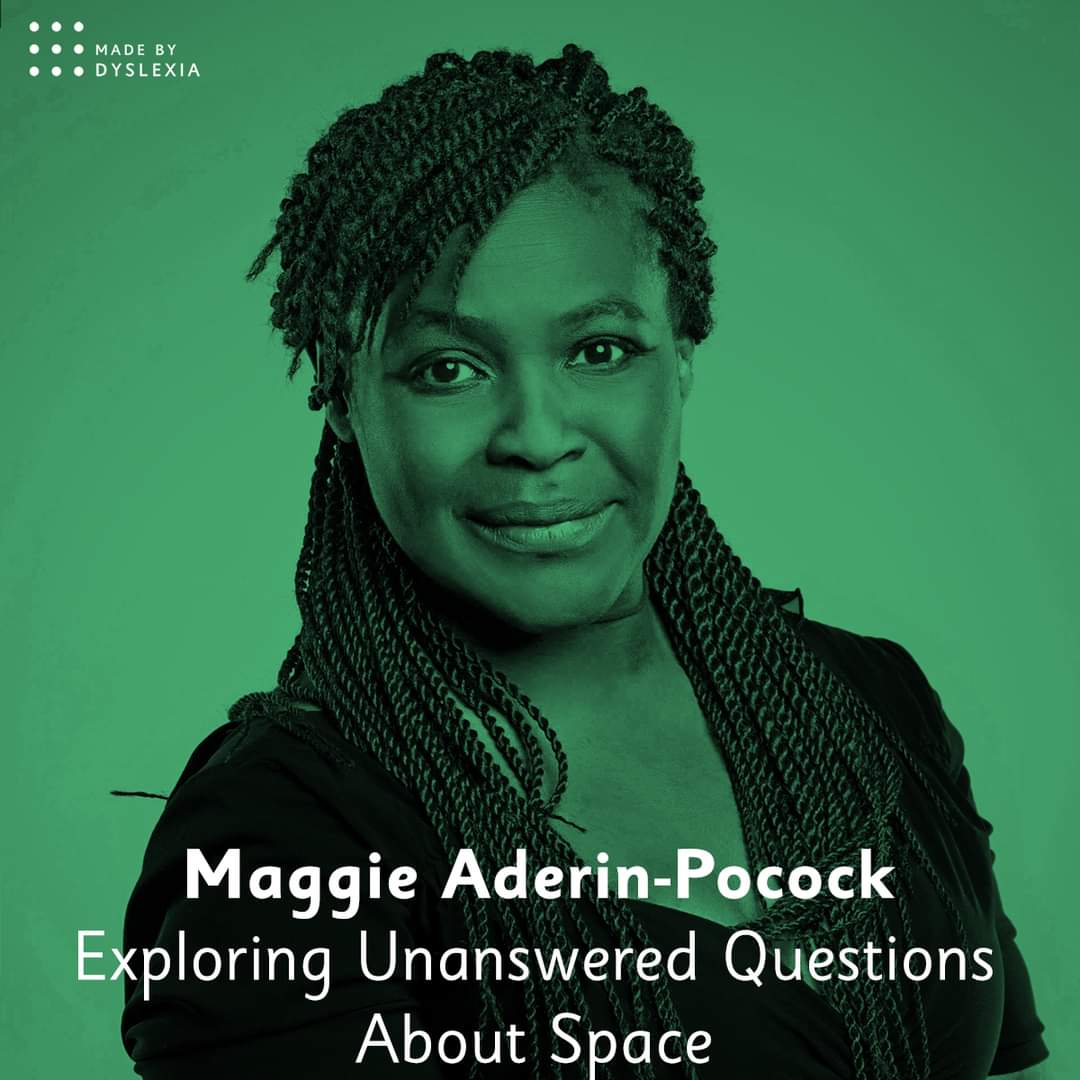
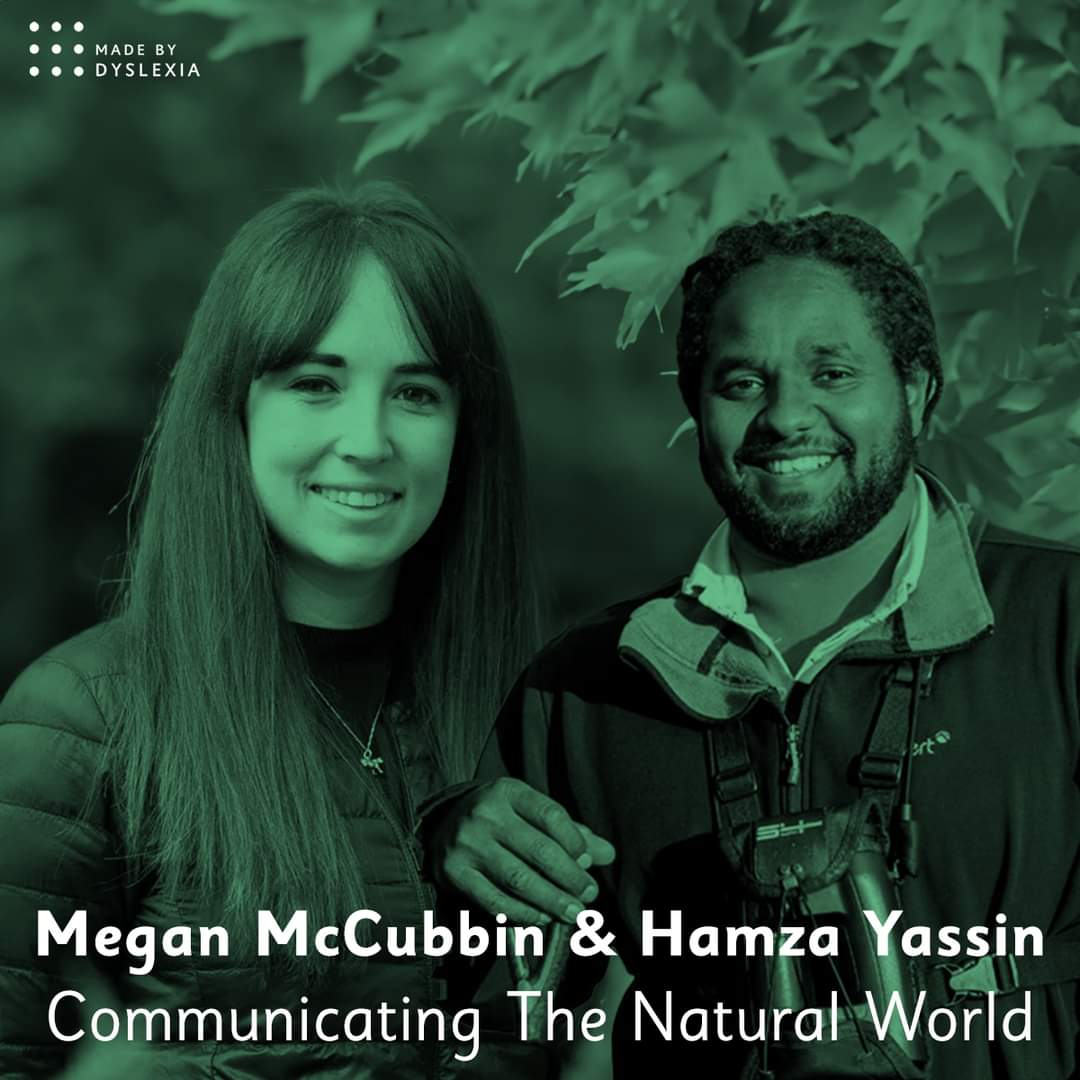


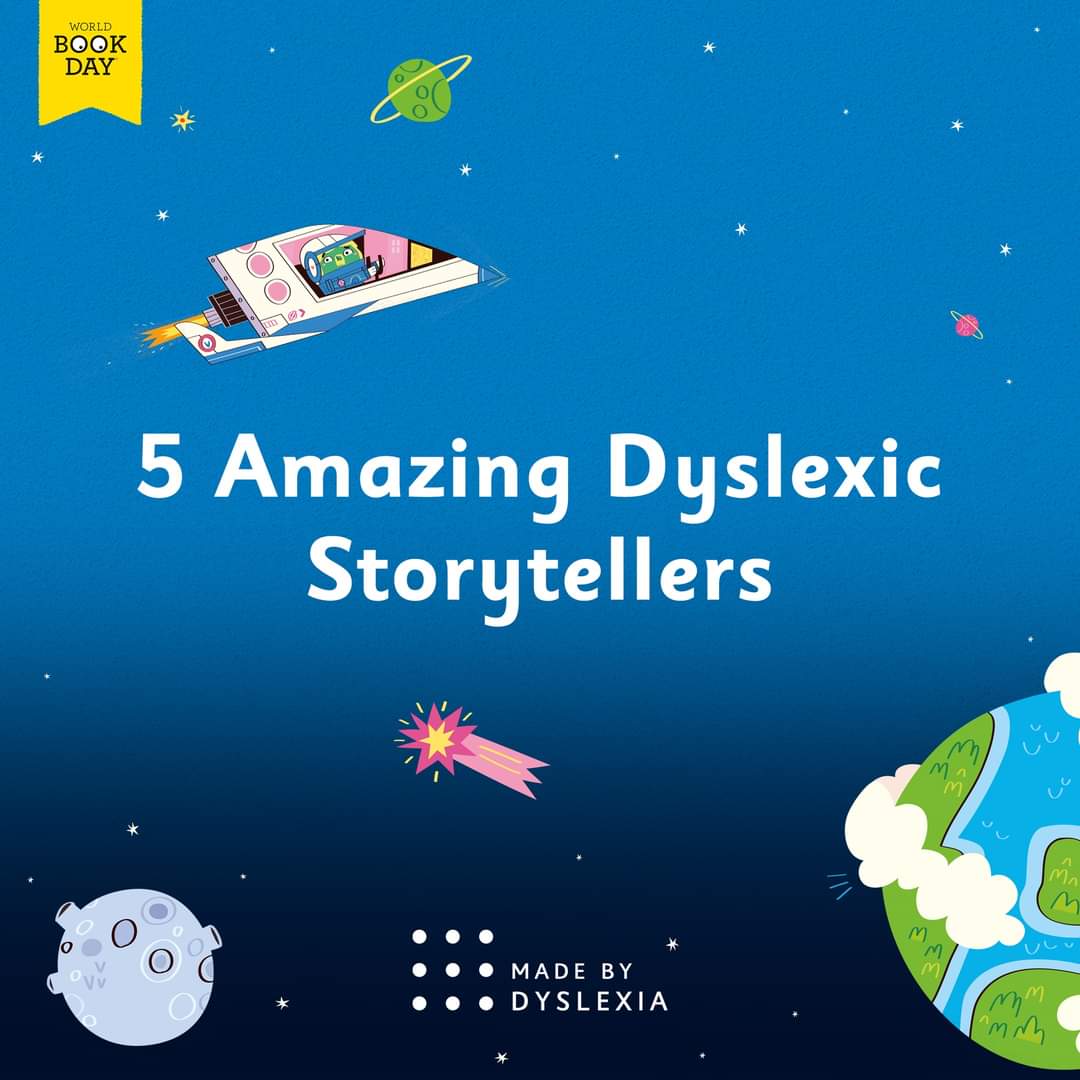



Can you spot a Maker a mile off?
There are 7 Dyslexic Thinking archetypes in children: ‘Maker’ is one of them. Is your child a Maker?
In the following link, featuring Made By Dyslexia founder and Dyslexic Thinking expert, Kate Griggs, you can see how to spot a Maker.
The 7 Dyslexic Thinking Archetypes are:
- Storytellers
- Makers
- Entertainers
- Movers
- Imaginers
- Questioners
- ‘People’ people

Resources and Further Reading
PDF Downloads Supporting Learning:
Games to play at home to support Literacy Skills »
5 ways to support your child with dyslexia at home »
Useful Features iPad and Word »
Assistive Technology and Exam Access Arrangements
https://www.youtube.com/watch?v=PVAYB1ghjac
( BDA webinar ; Empowering potential with Microsoft)
https://www.dyslexic.com/about-us/ Its a company that sells dyslexia assistive technology.
https://dyslexia-assist.org.uk/for-children/revision/
https://www.jcq.org.uk/exams-office/access-arrangements-and-special-consideration
Access Arrangements
Educational Resources for Parents and Children
https://www.patoss-dyslexia.org/Tutor-Index-Landing
https://www.madebydyslexia.org/learn-dyslexia/
https://www.barringtonstoke.co.uk/dyslexic-reluctant-readers/
https://www.nessy.com/en-gb/science-of-reading
https://www.nessy.com/en-gb/dyslexia-explained
https://www.dyslexia.com/about-dyslexia/dyslexic-achievers/all-achievers/
https://www.thedyslexiashop.co.uk/
https://dyslexiaassociation.org.au/support/
https://www.thesendcast.com/tag/dyslexia/
https://www.sensorydirect.com/
Sensory products based in Worcester
https://keystagefun.co.uk/
Apps to help with spelling, punctuation, maths KS1 – KS2 but may help some KS3
https://www.teachyourmonster.org/
Reading and maths apps
https://www.cricksoft.com/uk/about
Clicker and Docs plus
https://www.listening-books.org.uk/
Often free or yearly one off subscription
https://www.dyspraxia-ed.co.uk/about-dyspraxia/
https://www.dyslexicadvantage.org/dyslexia-is-my-superpower/
https://readeasy.org.uk/
A charity to help adults learn to read, you can search for closest scheme.
